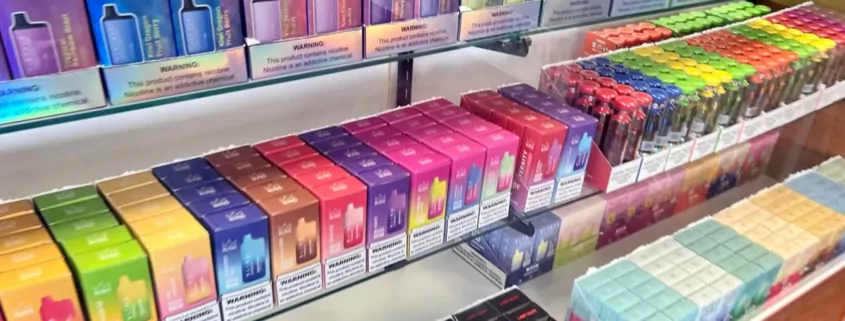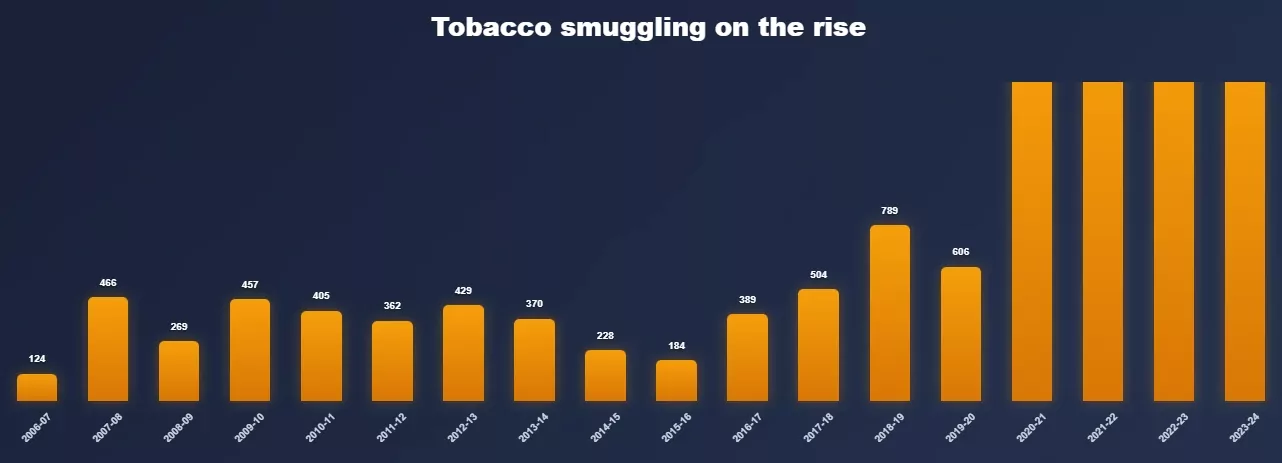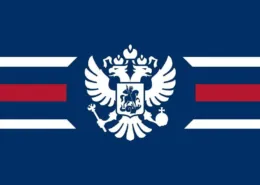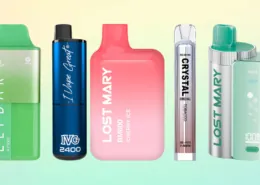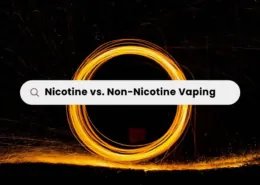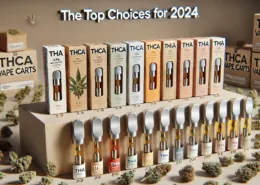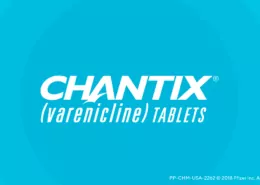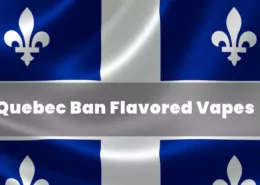Australia’s “War on Nicotine” Doomed to Fail Like War on Drugs
Australia is now waging a “de facto war on nicotine” that risks the same failures as previous prohibition-style drug policies, according to some academic experts. They argue that the country’s strategy, characterized by the world’s most expensive legal cigarettes and an effective ban on retail e-cigarette sales, is directly responsible for an explosion in the black market for both products.
In a recent article in Harm Reduction Journal, Deakin University criminology lecturer James Martin and University of Sydney epidemiologist Edward Jegasothy argued that Australia’s current approach “may be creating more harm than it mitigates.” Martin suggests that health authorities should pivot towards a “harm reduction” model. This would involve bold moves like temporarily removing the tobacco excise to undermine the illicit market and making vapes more widely available as a recognized smoking cessation tool, coupled with greater investment in education.
“Look at the war on drugs; there is something worse than the tobacco industry, and that’s the black market,” Martin stated. He noted that Australia’s steepest drop in smoking rates in 30 years (from 11.6% to 8.8% between 2019 and 2023) coincided with a period when more people were using e-cigarettes. “Vaping isn’t risk-free, but we need to consider its risk vis-a-vis the risks of smoking,” he added.
However, this perspective faces strong opposition from other public health experts. The University of Sydney’s Becky Freeman, a leading tobacco control expert, argues against radical changes like rolling back tobacco taxes. “Freezing tobacco taxes at the moment makes sense – until we get enforcement sorted out there’s no point in putting in extra taxes. But that’s quite different from rolling it back,” she said. Freeman defends the current policy of limiting nicotine vape sales to pharmacies, asserting that these are “not a consumer good” and that making them widely available would repeat the public health mistakes made with tobacco. She points out that youth vaping rates in Australia are lower than in countries with retail vape sales like New Zealand, the UK, and Canada, suggesting the current restrictive model is effective in protecting youth.
The federal government, including Treasurer Jim Chalmers and Health Minister Mark Butler, has so far dismissed calls to lower the tobacco excise, insisting that greater enforcement, not cheaper cigarettes, is the answer to crushing the illicit trade. This leaves Australia at a critical juncture, debating whether to double down on its prohibition-style policies or to pivot towards a regulated, harm-reduction framework to address the unintended consequences of a thriving black market.
- Malaysia Negeri Sembilan Backs Vape Ban, Awaits Clear Laws - August 5, 2025
- Is It Illegal to Vape or Smoke While Driving in Massachusetts? - August 5, 2025
- Austria Plans to Ban Disposable E-Cigarettes - August 5, 2025

